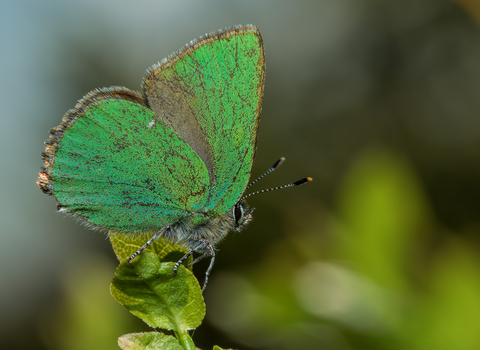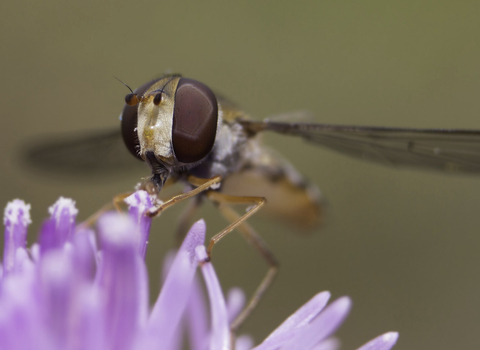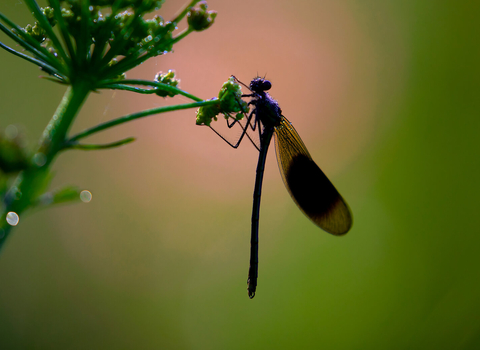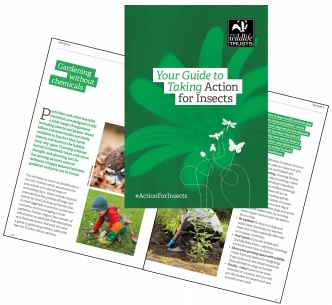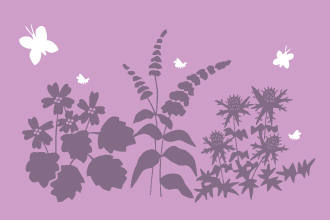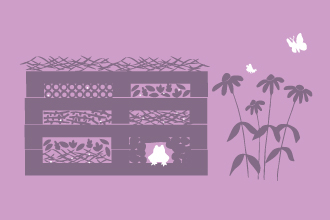Our insects are in trouble
In the UK, our insect populations have suffered drastic declines, which are set to have far-reaching consequences for both wildlife and people.
With a third of our food crops pollinated by insects, and as many as 87% of our plants pollinated by animals (and in the majority by insects) there is a lot to lose. Much of our wildlife, be it birds, bats, reptiles, amphibians, small mammals or fish, rely on insects for food. Without them, we risk the collapse of our natural world.
The loss of their habitats and overuse of pesticides are two major reasons why these little creatures are dying out eight times faster than large mammals.
However, it’s not too late and with your help, we can put insects into recovery.
We need everyone to understand the scale of the problem to feel empowered to take action and share their concerns with politicians and policymakers.
Why should we care?
Without insects many birds, bats, reptiles amphibians, small mammals and fish would die out as they would have nothing to eat.
87% of all plant species require animal pollination, most of it delivered by insects – that is pretty much all of them except grasses and conifers.
In addition, 3 out of 4 of all the crops that we grow require pollination by insects.
Whilst the news for insects is bleak, there remains much that can be done to bring about their recovery, but fast action is required.
By working together, we can change the future of insects. Starting right now, you can make small changes in your home, lifestyle and community that will help these fascinating creatures. Follow the advice in our guide and create an insect-friendly garden that is teaming with wildlife.
Claim your FREE Action for Insects guide and start to make a difference today.
Latest Action for Insects news
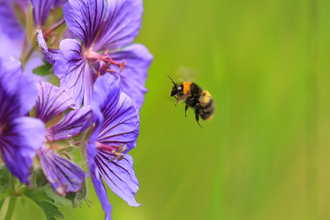
Government puts bees at risk
The Government has again put bees at risk by permitting the use of the banned pesticide thiamethoxam on sugar beet in England in 2022.…
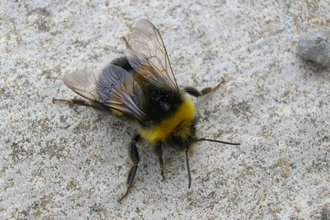
Legal challenge explored against neonicotinoid use
The Wildlife Trusts explore legal challenge to Government decision to allow emergency use of neonicotinoid
Emergency authorisation…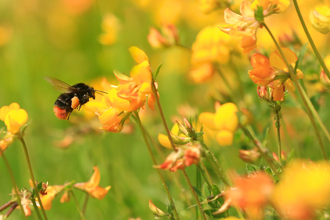
Bad news for bees: Government reverses ban on bee-killing neonicotinoids
The Government has bowed to pressure from the National Farmers Union and agreed to authorise the use of the highly damaging…
The Wildlife Trusts are calling for laws to require all relevant parts of central and local government to work together to map, plan and create a Nature Recovery Network.
This aims to restore and create habitat of all kinds to benefit all species on a wide scale.

